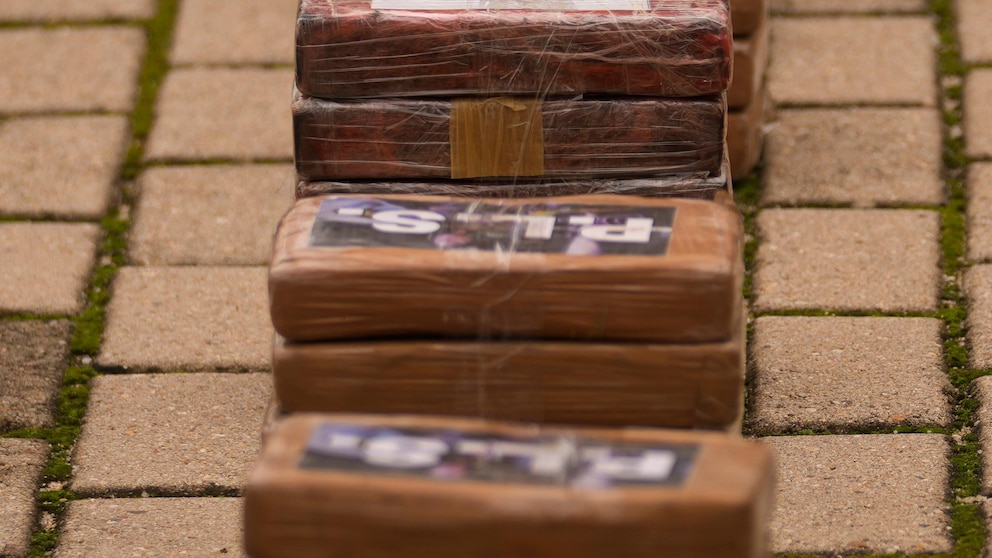In a major drug bust, Spanish authorities have seized a staggering 11 tons of cocaine hidden within shipping containers, with the majority of the illicit drugs concealed within frozen tuna. This significant seizure marks a major blow to international drug trafficking networks and highlights the ongoing battle against narcotics smuggling.
The operation, carried out by Spain’s Civil Guard and National Police, was the result of a joint effort with Europol and involved months of investigation. The authorities had been tracking the suspicious activities of a criminal organization suspected of smuggling drugs into Europe. The breakthrough came when they identified a shipment of frozen tuna that was believed to be a cover for a large cocaine consignment.
Upon inspecting the containers at the port of Algeciras, located in southern Spain, law enforcement officers discovered an astonishing amount of cocaine expertly hidden within the frozen fish. The drugs were meticulously concealed in vacuum-sealed packages, making detection extremely difficult. This sophisticated method is often employed by drug traffickers to avoid detection by sniffer dogs and X-ray scanners.
The seizure of such a massive quantity of cocaine is a significant blow to the criminal networks involved in drug trafficking. The estimated street value of the seized drugs is believed to be around €500 million ($590 million), making it one of the largest cocaine seizures in Spanish history. This operation has not only disrupted the supply chain of narcotics but has also dealt a severe financial blow to the criminal organizations involved.
Spain has long been a key entry point for drug traffickers smuggling narcotics into Europe, given its strategic location between Africa and the rest of the continent. The country’s extensive coastline and numerous ports make it an attractive destination for drug shipments. However, Spanish authorities have been relentless in their efforts to combat drug trafficking, resulting in several major seizures in recent years.
The seizure of cocaine hidden within frozen tuna is not an isolated incident. Criminal organizations are known to exploit legitimate industries and conceal their illicit activities within legal trade. The use of perishable goods, such as frozen fish, allows traffickers to exploit the time-sensitive nature of these products, making it harder for authorities to thoroughly inspect every shipment.
This seizure highlights the need for increased cooperation between law enforcement agencies and the private sector to combat drug trafficking. Shipping companies, importers, and exporters must remain vigilant and implement robust security measures to prevent their operations from being exploited by criminal networks. Additionally, governments need to allocate sufficient resources to enhance border security, invest in advanced detection technologies, and provide comprehensive training to customs officers.
The fight against drug trafficking is an ongoing battle that requires a multi-faceted approach. While large seizures like this one are significant victories, they are just a small part of the overall effort. Authorities must continue to disrupt supply chains, dismantle criminal networks, and address the root causes of drug production and consumption.
The seizure of 11 tons of cocaine concealed within frozen tuna in Spain serves as a stark reminder of the magnitude of the global drug problem. It underscores the importance of international cooperation, intelligence sharing, and sustained efforts to combat drug trafficking. Only through a united front can we hope to make a lasting impact on this illicit trade and protect our societies from the devastating consequences of drug abuse.



